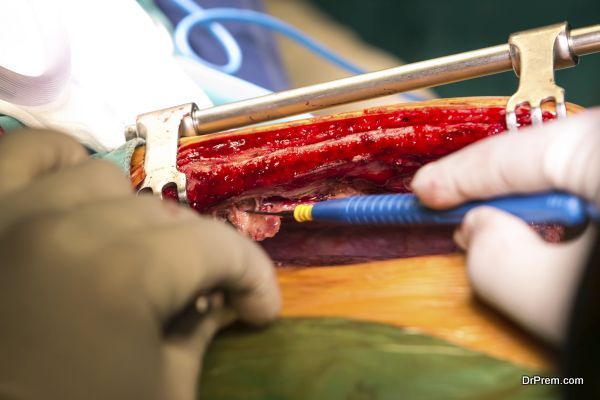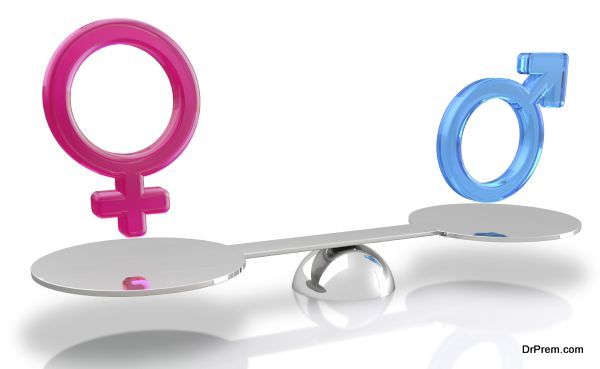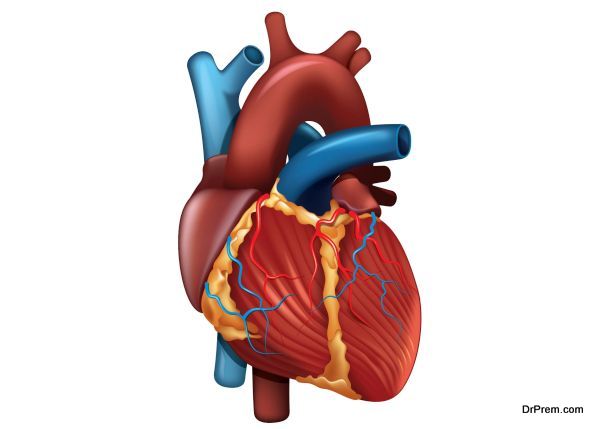A very common form of cardiac arrhythmia, atrial fibrillation (AF) is known to be one of the major reasons for cardiovascular complications in individuals. In fact, a number of people diagnosed with AF tend to die of complications related to the same. However, it has also been noted that many individuals with atrial fibrillation also die of other reasons not related to cardiovascular problems. And recent studies have established the fact that most of these individuals die of cancer, indicating a possible relationship between AF and cancer.
What is Atrial Fibrillation?

Unlike a normal, regular heartbeat, the heartbeat of individuals diagnosed with atrial fibrillation tends to be irregular. This is characterized by the rapid and chaotic ‘quivering’ pattern of the top chambers of the heart (the ‘atria’), resulting in improper blood flow or stagnation of blood in the heart. In return, the ‘ventricles’ aka pumping chambers start beating irregularly as well, limiting the efficiency with which blood is pumped to the rest of the body.
Common Reasons for Atrial Fibrillation

There is no known or detectable heart condition that is specifically cause atrial fibrillation in individuals. One reason for the condition can be attributed to the vulnerable condition of the heart cells which are located at the junction of the pulmonary veins and the atria. It has been found out that issues with the pulmonary veins can often cause the chaotic beating pattern of the atria, causing AF.
Risk Factors associated with Atrial Fibrillation
The risk factors associated with AF are many, including many medical conditions that place individuals at greater risks of contracting the condition. Any condition that can place stress and strain on the heart can also be linked to AF. Accordingly, some of the risk factors associated with the condition include:
Athletics: Athletes are prone to develop AF owing to a condition called supraventricular tachycardia (SVT) that increases their heart rate rapidly.

Elderly Age: It has been found out that a number of elderly individuals are more susceptible to atrial fibrillation although the condition also affects children on a very rare note.
Obstructive Sleep Apnea:A sleeping disorder that causes the airways to block up, starving the heart of oxygen at intervals. Prolonged cases of the condition can lead to atrial fibrillation.

Obesity: Obesity increases the risks of heart diseases and many other conditions that place stress on the heart, thus increasing the chances of AF.
High Blood Pressure: High blood pressure, if uncontrolled can result in atrial fibrillation in individuals.

Heart Diseases: Individuals with heart diseases like valve problems, heart attacks, strokes, hypertrophic cardiomyopathy, Wolff-Parkinson-White syndrome and acute coronary syndrome, etc. have high chances of contracting atrial fibrillation. AF also happens to be a very common complication arising in those who opt for heart surgery.
Chronic conditions: Individuals with chronic conditions like diabetes, thyroid and asthma, etc. are at risk of contracting AF.
Alcohol Consumption:Frequent consumption of alcohol or binge drinking has been associated with the development of atrial fibrillation in both men and women.

Hereditary Problems: An individual has high chances of getting atrial fibrillation if his/her family history indicates at least one member with the same condition.
Effects of Atrial Fibrillation in Men Vs. Women

Studies have revealed that the effects of atrial fibrillation are more pronounced in women than in men. Women tend to experience more symptoms of the condition, with the chances of functional impairment and permanent worsening of quality of life being very high for them than for men.
Studies also indicate that when compared to men, women tend to face higher risks of non-central nervous and systemic embolism and stroke, with a higher risk adjusted survival. In relation, they tend to have a lower risk adjusted death caused by cardiovascular diseases.
However, it has been noted that in addition to experiencing more risks of contracting atrial fibrillation, women enjoyed a lower risk adjusted death due to both cardiovascular as well as non-cardiovascular diseases.
Studies suggest that women face more risks due to atrial fibrillation than men. In addition to having higher chances of contracting the condition, women tend to face more side effects related to AF when compared to men.


